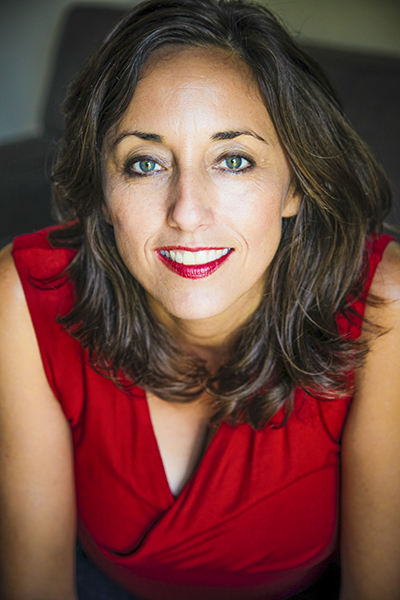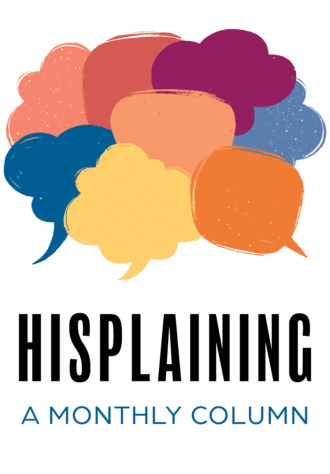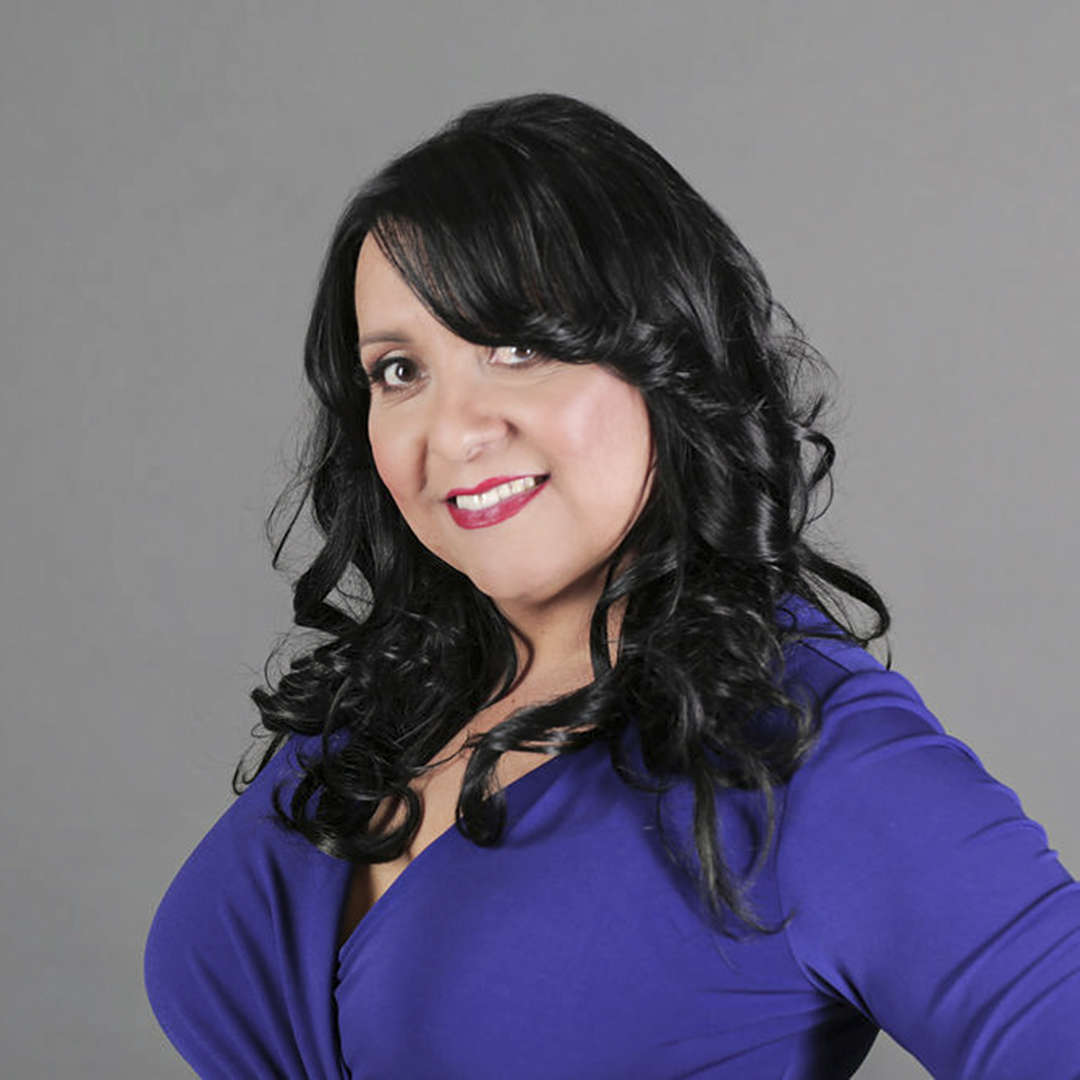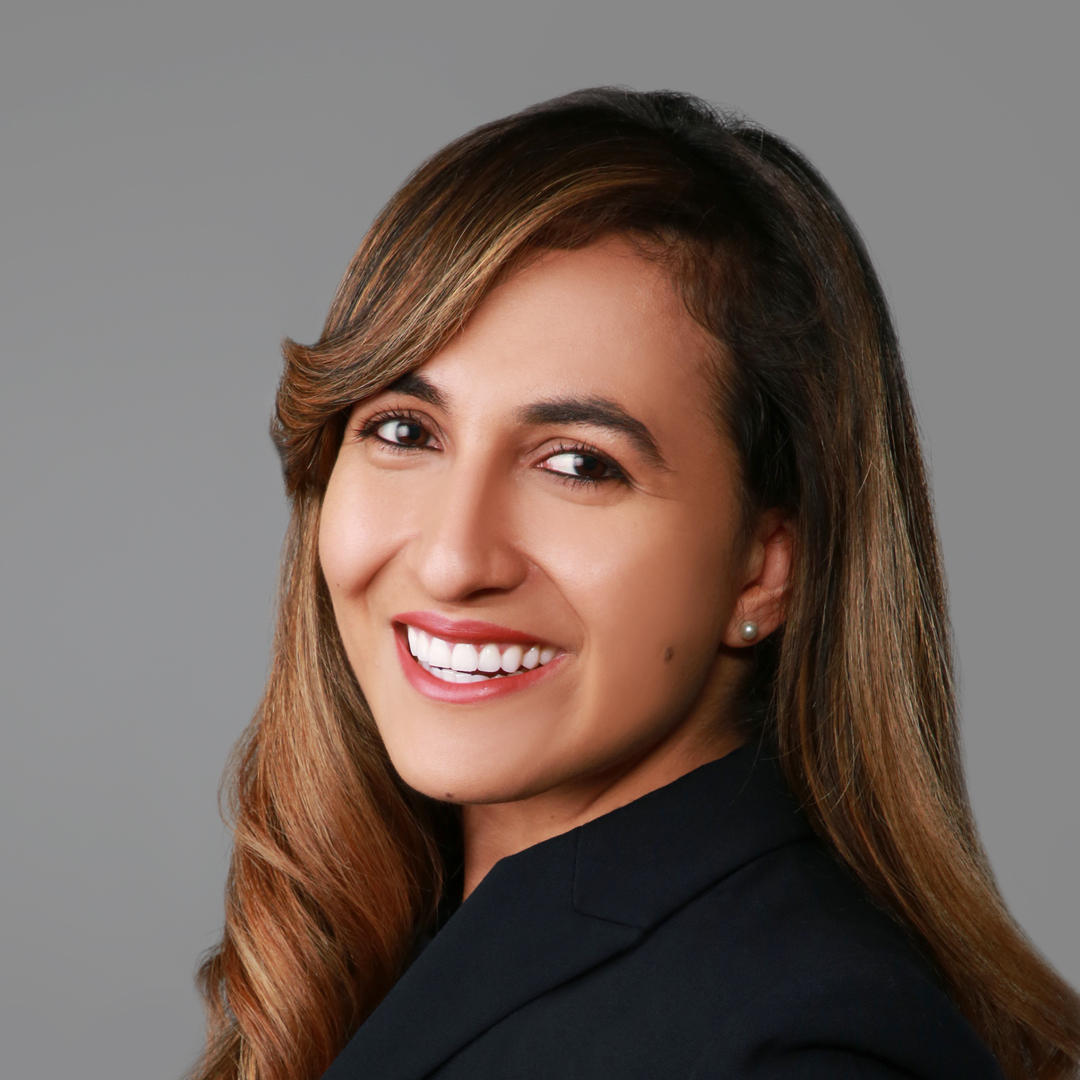|
Getting your Trinity Audio player ready...
|
It is the purpose of nonprofits such as GLAAD to look out for the LGBTQ+ community—but what about the Latino LGBTQ+ community? Who looks out for members of that community and monitors how they are represented in the media and television or film? Those spaces already have a hard time portraying strong, positive Latino characters, much less LGBTQ+ Latinos. Enter Monica Trasandes, director of Spanish language and Latinx media representation at GLAAD.
Trasandes’s work is not only huge in scope but also highly intricate. One facet of her work requires her to work with media outlets and encourage them to include inclusive stories among their community pieces. Those stories—such as a feature on gay dads included within a media company’s Father’s Day coverage—are critical to normalizing LGBTQ+ experiences.

“In both Spanish- and English-language media, we simply are not represented enough,” Trasandes says. “This shapes everyone’s perceptions of us, including lawmakers, politicians, and community leaders.”
But as Trasandes points out, LGBTQ+ representation is also important to how the community perceives itself. “If we aren’t seeing ourselves in news pieces, then we are limited to our representation on TV. And if we are only the butt of the joke or a secondary storyline, then we are made to feel less than. Most of us grew up this way,” she says.
However, Trasandes has seen a shift in both representation and in studios and networks’ desire to get it right. With the influx of streaming networks striving to increase their multicultural representation, the LGBTQ+ community is seeing many of their stories come to life in shows like Gentefied, Veneno, and Love, Victor.
As more and more executives have begun reaching out to make sure they are representing the community accurately, Trasandes’s phone has been ringing off the hook. “I’m talking to more writers, reading more scripts, and pushing my way into more writers rooms to make sure they have all the tools,” she says.
Trasandes is careful to pay attention to detail in each of those projects. As she has seen many times over the past twelve years, it is common for production companies and studios to spend a large amount of money on a project only to see it fail due to the poor handling of LGBTQ+ storylines.
“If they come to us after the content is shot and edited, then there is very little we can do. We need to get the material from the beginning and effect change from the written words on the initial script,” she explains. “Bring us in early so we can avoid audiences saying that something is homophobic or transphobic.”
Trasandes, who was born in Uruguay, wants to use her expertise to make a global impact, supporting the LGBTQ+ community in countries like Mexico, Colombia, and Argentina in addition to the United States. This mission is intensely personal, she explains, and stems from her own international experiences.
“From the age of fourteen, I always knew I liked women and was a lesbian, but I was always lying and making up boyfriends to hide who I was,” she says. At twenty-one, while she was studying in Spain, Trasandes finally worked up the courage to come out to a friend.
Trasandes credits her college years as the time when she began to meet her true friends and find her passion for writing and journalism through her work on the school newspaper. Members of the LGBTQ+ community often speak of their chosen family or tribe, and it is obvious that this time of her life was when Trasandes found hers.
In her role today, Trasandes often visits college campuses to talk to students in arts, writing, and media programs. As she explains, college is not only a key place for learning but also the place where most students shape their views on the world. “We want to get to them when they are young and studying their craft so that they can learn how to be more inclusive to LGBTQ+ storylines,” she says.
The University of Southern California and Cal State Northridge are just two of the SoCal-area schools Trasandes visits in order to build these alliances. “Allyship is hugely important. Our allies are everything,” she emphasizes. “We need them to stand up for us. They are so important to the work we do here.”
Celebrity allies are likewise a big part of GLAAD’s fabric of the community, Trasandes says. GLAAD has honored celebrities such as Jennifer Lopez, Madonna, and Kerry Washington at events such as the annual GLAAD Media Awards, and celebs in turn make a point of showing up to support the organization.
But while celebrities can certainly provide support and enhance visibility, Trasandes is quick to point out that for Latinos, the most important form of allyship comes from family. “I can’t tell you how many times I hear about someone who is strong in their faith, and their religion is telling them that homosexuality is wrong, yet they love their nephew and want to be an ally to them and love them,” she remarks.
While Trasandes may not be able to influence each and every family out there, she can and does make sure that the Spanish and English media—and the global audiences they speak to—do their part to support her community.


